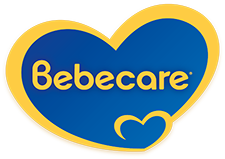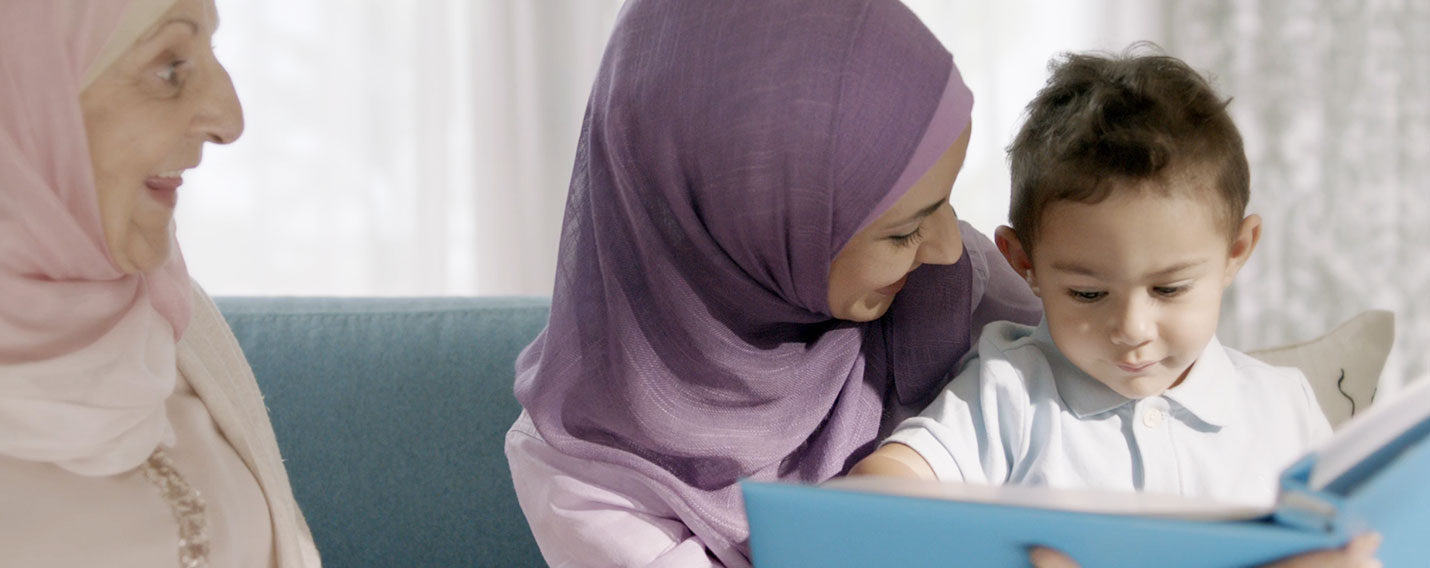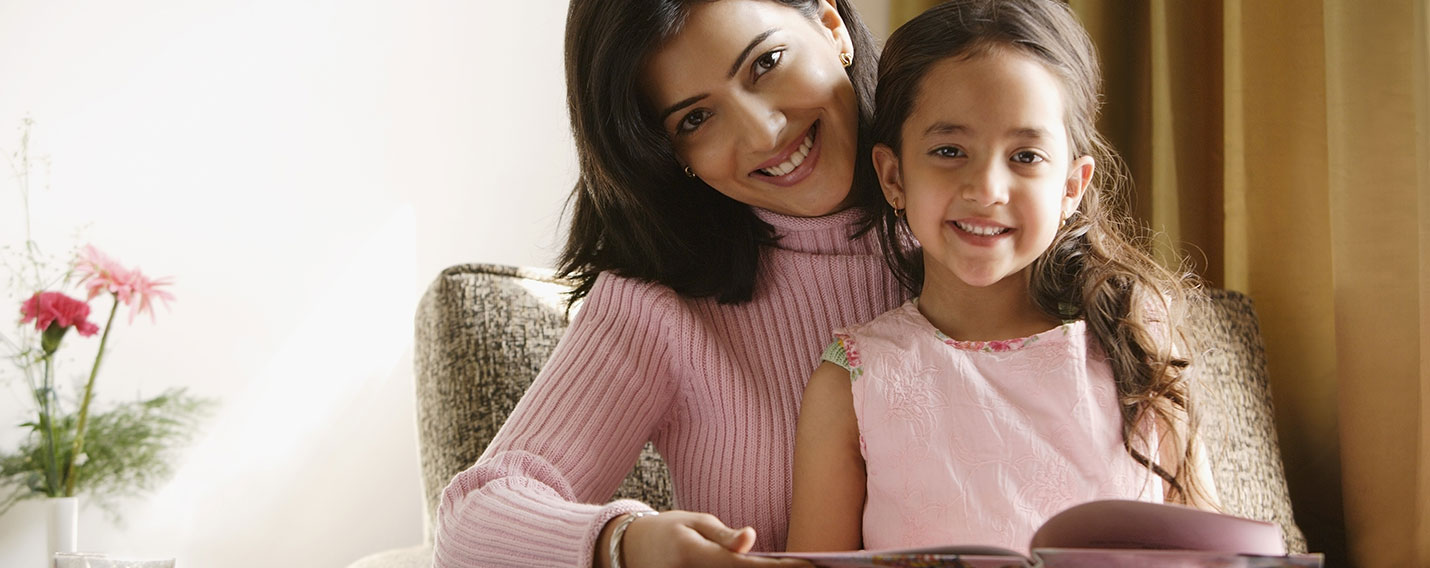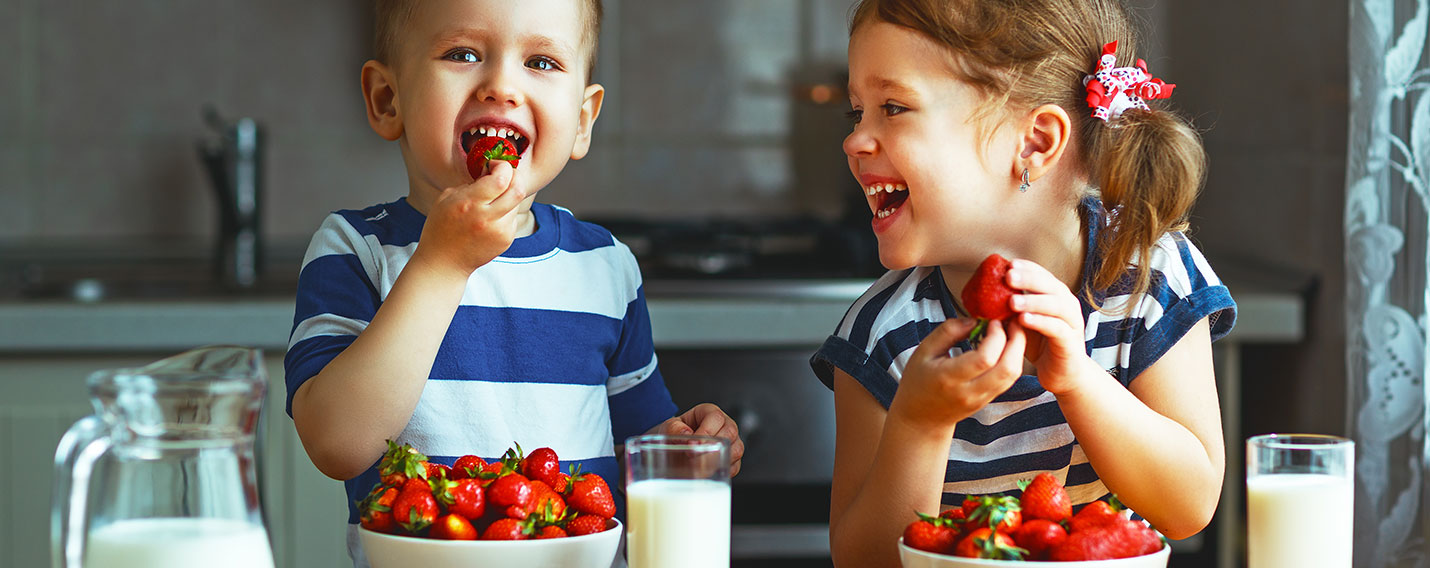Every family’s identity is formed with a collection of activities like celebrations, traditions, and patterned interactions called “Family Routines and Traditions”. Many families adopt specific practices that involve all family members and repeat those practices over and over to strengthen family bonds. However, family routines and traditions function more than just opportunities for bonding, they are the perfect opportunities for caregivers to impact the social and emotional development of children.
Family traditions and routines provide a predictable structure that guides behavioral and emotional development in children. Routines help children develop their ability to commit and improve their behavioral performance. On the other hand, rituals are more symbolic in that they provide a sense of belonging which is important for the emotional development of young children. Eventually, routines and rituals are transferred into further generations as they represent a meaningful memory for individuals. Therefore, any positive routines and traditions caregivers choose to adopt for the social-emotional development of their children, will also contribute to better development in future generations in the family.
Children start developing from the moment they are born!
Family routines and traditions not only present the time family members spend together, but also the quality of time and emotion put into these practices. The quality of those provides the environment children need to understand age expectations, develop autonomy, and relationship building skills. They develop the sense of security that fosters trust and self-confidence as they learn to follow the same routine. Family rituals and traditions provide the perfect opportunities for naturally occurring incidents where caregivers can teach and instill social and emotional skills that build socially competent adults that positively contribute to the society.
Familial routines and rituals will differ from one family to another. But there are general examples of ways to implement positive interactions. A good time to do that is to plan family dinners on routine basis and making sure every family member realizes the importance of those dinners. It has been proven through research that family dinners help increase children’s motivation, develop a positive identity, and decrease high-risk behavior. Also, celebrating milestones together and creating rituals unique to special holidays can help develop children’s social and emotional identity as well as the family’s identity as a cohesive unit. These examples will indirectly teach children important family values, ways to converse, how to offer care and support for loved ones, reflective thinking, compromise, cooperation, and other various social and communication skills.
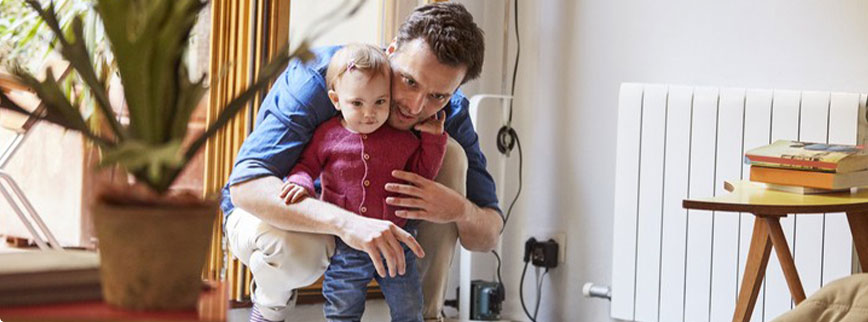
Families are the most influential figures in a child’s life from the very start.
The practices of family routines and traditions have the potential to foster positive outcomes for children, adolescents, and emerging adults. They provide concrete and predictable family relationship patterns that ultimately facilitate healthy development of children from all aspects. However, the quality of family routines and traditions is what matters more than the amount spent together for the best positive outcomes.
Show Resources- Brotherson, S. (1999). Building Lasting Family Traditions. North Dakota State University. North Dakota: USA. Retrieved from https://www.ag.ndsu.edu/cpr/family_science/documents/family-traditions/traditionsparticipant.pdf
- Ellington, A.S. (2011). The Role of Family Time on a Young Child’s Overall Development. University of Alabama. Retrieved from https://pdfs.semanticscholar.org/ed71/3e6562f e2281ee0cb5f0b2f216aeea921d4e.pdf
- Fiese, B.H., Tomcho, T.J., Douglas, M., Josephs, K., Poltrock, S., & Baker, T. (2002). A Review of 50 Years of Research on Naturally Occurring Family Routines and Rituals: Cause for Celebration? Journal of Family Psychology, 16(4), 381–390. Retrieved from https://www.apa.org/pubs/journals/releases/fam-164381.pdf
- Forthun, L.F. & Kaplan, M. (2008). Family Nutrition: a Recipe for Good Communication. University of Florida. Retrieved from https://www.researchgate.net/publication/242279599
- Herman, J.M. (2016). The Importance of Family Meals. American Montessori Society. Retrieved from https://amshq.org/-/media/Files/AMSHQ/Families/Reading-Materials/ Montessori-Parent-Importance-of-Family-Meals.ashx?la=en#:~:text=It’s%20simple%3A%20Hav e%20a%20family,are%20important%20to%20their%20family.&text=Research%20shows%20that%20children%20who,others%20(CASA%2C%202012)
- Lyttle, J., Baugh, E.J. (n.d.). The Importance of Family Dinners. University of Florida. Retrieved from https://ufdcimages.uflib.ufl.edu/IR/00/00/21/17/00001/FY105400.pdf
- Raising Children Network. (2012). Family Routines. Retrieved from https://www.ucy.ac.cy/nursery/documents/routines.pdf
- Spagnola, M., Fiese, B.H. (2007). Family Routines and Rituals: A Context for Development in the Lives of Young Children. Infants and Young Children, 20(4), 284-299. Retrieved from https://depts.washington.edu/isei/iyc/20.4_spagnola.pdf
- Yoon, Y. (2012). The Role of Family Routines and Rituals in the Psychological Well Being of Emerging Adults. University of Massachusetts Amherst. Retrieved from https://scholarworks.umass.edu/theses/965
 Important - Bebelac Safety Update
Important - Bebelac Safety Update

